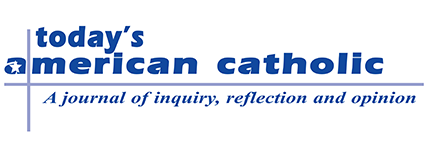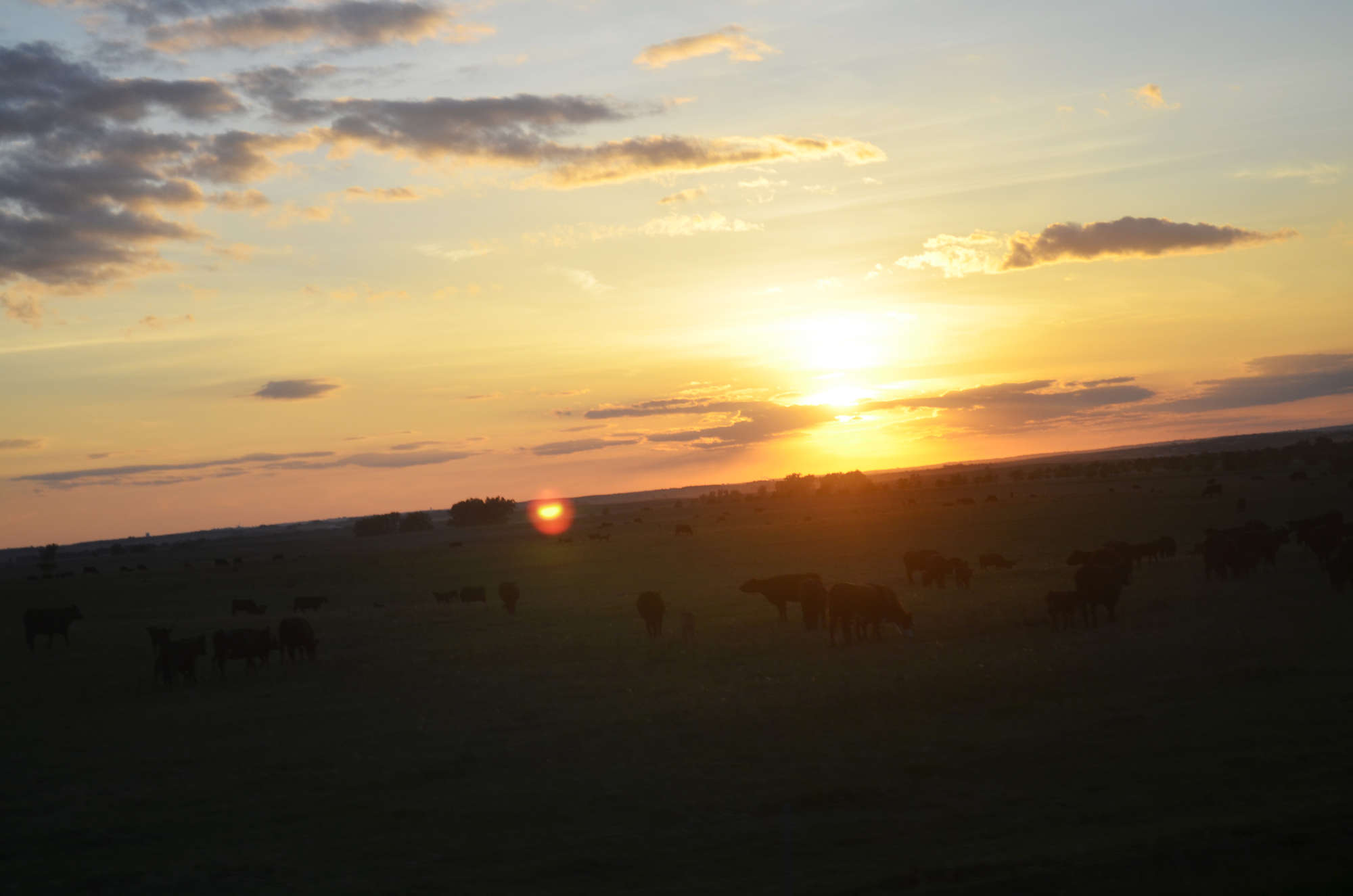review
Unvirtuous Reality
Today's American Catholic • August 2019Sooner or later, you may find yourself on Facebook, scrolling through the dead. Billions of users worldwide are expected to pass on in coming decades, according to a study published this year in Big Data & Society, with the deceased outnumbering the living on the social media platform sometime before the end of the century.
Death happens. Try as it might, Silicon Valley has not fixed that bug. So Facebook emblazons the word “Remembering” across these profiles, and friends and family post tributes. A culture steeped in pixels assuages itself that death is not the end.
But something feels off about Uncle Larry’s critiques of airline baggage fees persisting on profit-driven servers long after he’s gone. Deleting his account doesn’t sit well either, implying as it might that death is the end. Maybe social media is incompatible with mortality. Death needs a body. Life online is mere light on glass.
Facebook’s user experience of death exposes cracks in the fiberoptic ties that bind us. Philosopher and patrologist Jean-Claude Larchet traces those cracks in The New Media Epidemic: The Undermining of Society, Family, and Our Own Soul (translated by Archibald Andrew Torrance). Our captivation with television, social media, smartphones, and the internet, Larchet argues, is cause, symptom, and beneficiary of a civilization that has lost its way. His widely defined “new media” distract us from what’s meaningful and leave us lonely, depressed, and physically unfit. They promise us connection but isolate instead. They build a new public square with one hand, and thumb through our emails with the other.
Larchet depicts a sprawling Gnostic error that pervades nearly every moment of 21st-century life: pixels, networks, algorithms, and fantasies subjugate the material, the tangible, the body—the real. “Unable to truly live with others,” Larchet writes, “homo connecticus creates his own world, a virtual one, in which he shuts himself up. It gives him pleasure for it is made to his measure, free from the constraints of the real world and the need to relate to others.”









